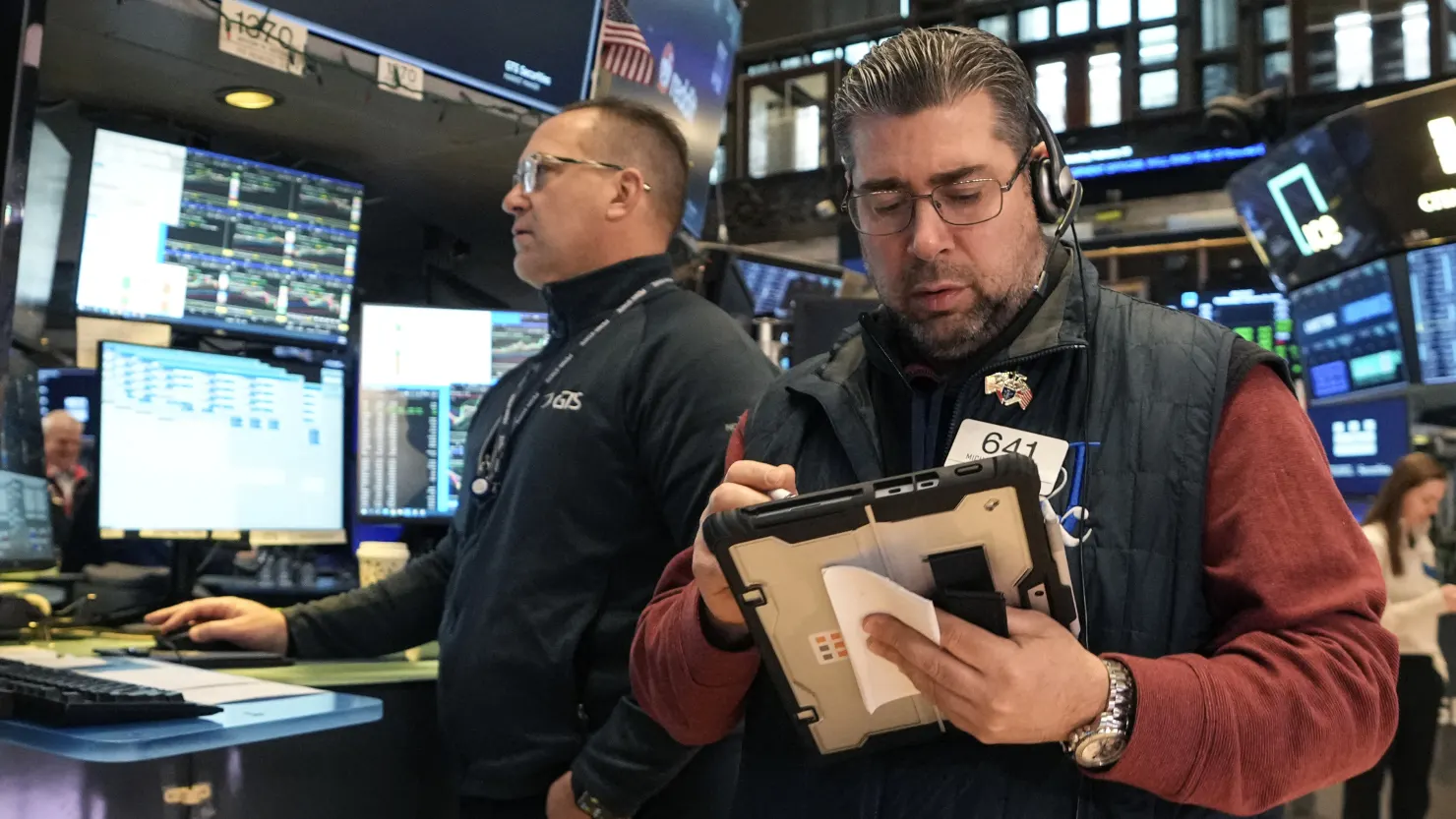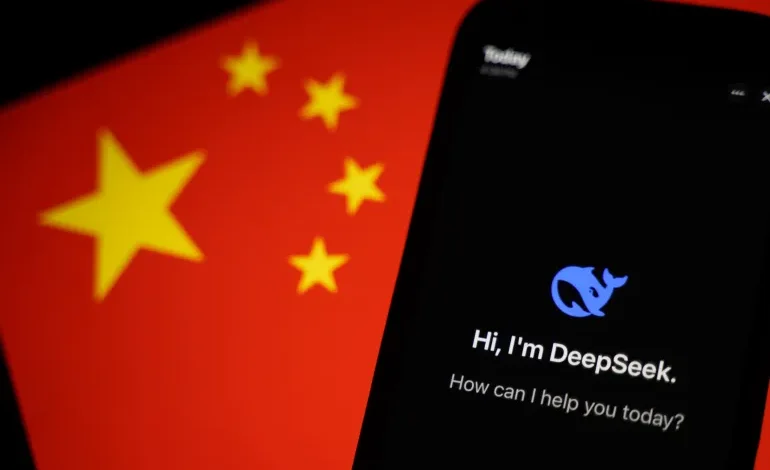China’s public is overwhelmingly confident in artificial intelligence, dramatically more so than people in the United States and Europe, according to new global polling that highlights a widening cultural and political divide over emerging tech.
The Edelman survey, released Tuesday, found that 87% of Chinese respondents trust AI, a figure that dwarfs trust levels in Brazil (67%), the United States (32%), the UK (36%), and Germany (39%).
And it’s not just trust, it’s optimism. More than 70% of people in China said they expect AI to help tackle some of humanity’s thorniest problems, from climate change and mental illness to poverty and political polarisation. In the US, only a third believe AI could ease poverty or polarisation, though about half think it might help with climate issues.
The gap widens on personal openness: 54% of Chinese respondents said they welcome expanded use of AI, compared with only 17% of Americans.
Even among young adults, generally the most pro-tech demographic, the contrast is sharp: 88% of Chinese aged 18–34 trust AI, versus just 40% of Americans.
The findings land as the US and China intensify their race for AI supremacy. Washington still holds the edge in cutting-edge model development, but Chinese firms, including Alibaba and the buzzy newcomer DeepSeek — have surged with cheaper, open-architecture models that are rapidly gaining traction.
That momentum became impossible to ignore last month when Airbnb CEO Brian Chesky revealed that his company prefers Alibaba’s Qwen over OpenAI’s ChatGPT.
“It’s very good. It’s also fast and cheap,” he told Bloomberg, a statement that raised eyebrows across the industry.










The latest news in your social feeds
Subscribe to our social media platforms to stay tuned